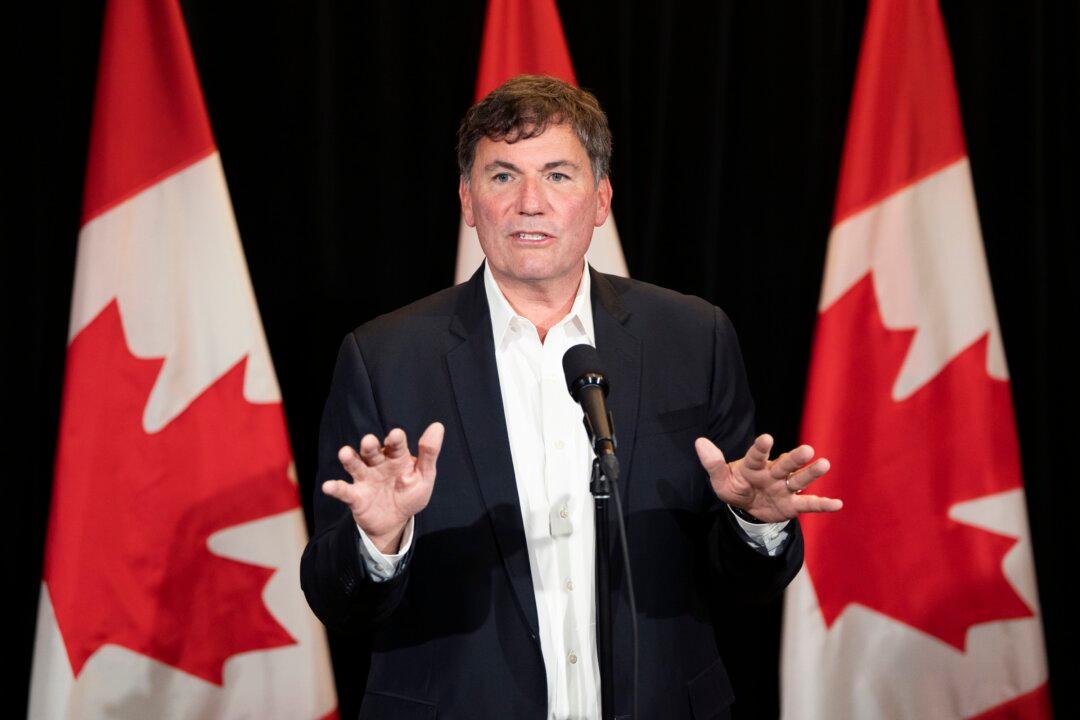Negotiations between parties over holding a public inquiry into foreign interference are going very well and talks are ongoing with prospective judges to preside over it, says Public Safety, Democratic Institutions and Intergovernmental Affairs Minister Dominic Leblanc.
“The good news is that we’re real close and I certainly share your excitement,” Mr. Leblanc told reporters on Aug. 22 in Charlottetown, outside the Liberal cabinet retreat.





